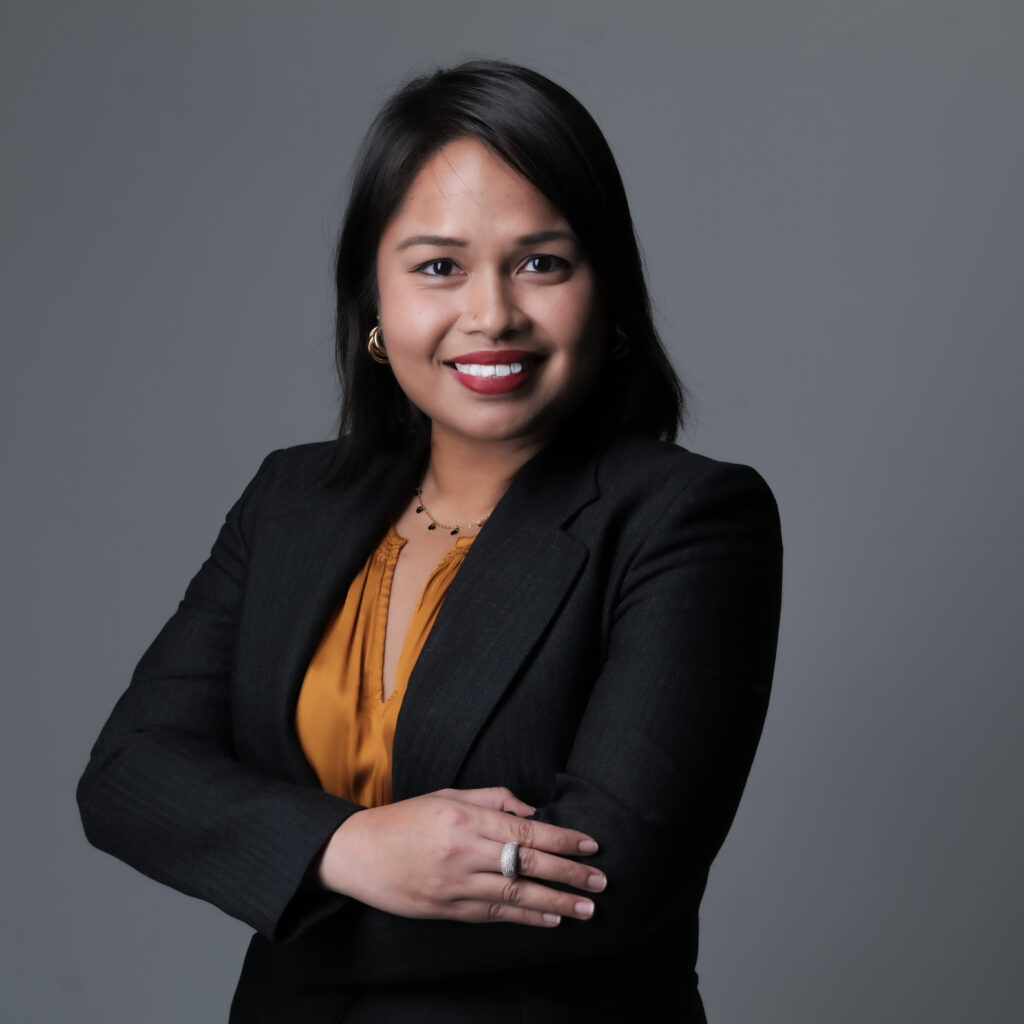

This article is attributed to Charlene Marie Samuel, Director of Autism Behavioral Center.
Imagine a bustling playground filled with children laughing, chatting, and playing. Amidst the noise, a concerned mother watches her son quietly stacking blocks, barely uttering a word. She wonders, “Is he just a late bloomer, or could it be something more?”
This scenario is all too familiar for many parents who grapple with the uncertainty of their child’s developmental milestones. Speech is one of the first indicators of a child’s growth, and when those milestones aren’t met, it can ignite a whirlwind of concern.
Since delayed speech development can signal various issues, a child with delayed speech may exhibit behaviours that parents might misinterpret as signs of autism, such as difficulty in making eye contact or engaging in conversation. This level of confusion and uncertainty can delay the crucial early interventions that are vital for a child’s development.
In Malaysia, there is often a lack of awareness, misunderstandings, or even stigma surrounding developmental disorders like Autism Spectrum Disorder (ASD) and speech delay. This knowledge gap poses a massive obstacle, as early intervention is crucial for most developmental complications.
Therefore, it is crucial for parents and caregivers to receive accurate information and guidance from healthcare professionals to distinguish between different developmental difficulties. This not only facilitates timely interventions but also alleviates unnecessary anxiety and supports the child’s overall well-being and integration into society.
This piece aims to clarify the differences between autism and speech delay as well as to highlight the pathways towards supporting both caregiver and child in their journeys.
So Is It Speech Delay Or Autism?
While speech delay and autism are often confused, they are distinct conditions that require different approaches for effective intervention. The key difference lies in how they affect communication and behaviour.
Firstly, up to 9% of children are affected by speech delay, a number that has surged post-pandemic. The Malay Mail reported a 115% jump in speech delay cases among children aged 0-12 in 2022. Notably, children with speech delay primarily struggle with language development but typically do not have issues with social interaction or behaviour. They can still engage socially and respond to others appropriately.
ASD, on the other hand, includes a broader range of developmental challenges – such as difficulties with social interaction, communication, and repetitive behaviours – and is proving to be more prevalent among children than initially thought. Children with autism may show signs such as reduced eye contact, limited response to their name, and a preference for solitary play. The National Autism Society of Malaysia (NASOM) reports a 30% rise in autistic children requiring therapy within the first half of 2024 alone.
Most importantly, speech delay can be one of the symptoms of ASD, but autism also includes a wide variety of other, more socially-focused signs as well. Understanding these differences is vital for parents and caregivers to ensure children receive the correct diagnosis and intervention as early as possible, ultimately supporting their development more effectively.
The Importance of Therapeutic Support
Despite growing awareness, many parents fail to recognize early patterns, missing crucial windows for intervention. In addition, some parents may hesitate to seek third-party support due to the stigma associated with developmental issues. Since both autism and speech delays are neurological conditions requiring consistent medical check-ups and screenings for effective intervention, this reluctance to seek proper support can hinder their child’s development in the long run.
This is why access to therapy centres is absolutely crucial. Parents cannot be expected to fully understand the multitude of potential developmental challenges and appropriate interventions without adequate information, resources, and a support network. Finding specialists and the right therapy for each child’s specific needs can be a complex endeavour, and the lack of accessible therapy centres poses a significant barrier.
Thankfully, in Malaysia, there has been a rise in centres that offer effective, foundational interventions like speech therapy and Applied Behavior Analysis (ABA) therapy as well as assessments like the ADOS (Autism Diagnostic Observation Schedule) or CARS (Childhood Autism Rating Scale). Contrary to common belief, therapy isn’t solely for behavioural issues, but also the application of scientific principles to teach skills that will eventually help the child to better move through society.
These centres can also provide educational resources and training, which equips families to create supportive environments at home, essential for reinforcing therapeutic gains and fostering continued progress. For both speech delay and ASD as a whole, centres like Autism Behavioral Center (ABC) and collaborative efforts with organisations like Signs & Wonders Hub in Kuching, Sarawak aim to empower children who face development challenges all across Malaysia. At the heart of it all, each day is a step forward in ensuring every child has the opportunity to reach their communication potential, whatever their initial obstacle is.
